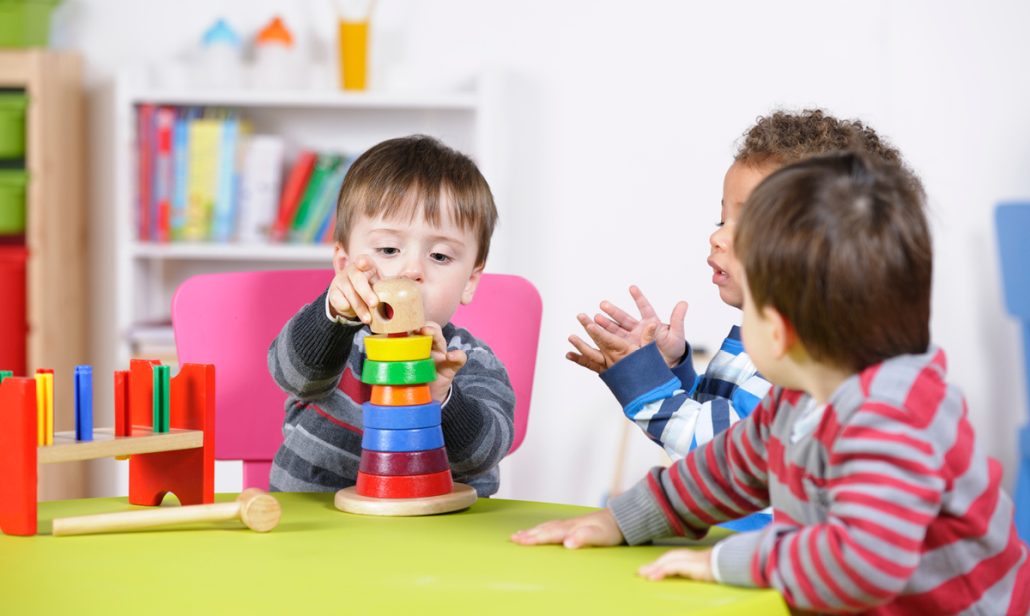Every child’s growth journey is unique, thriving best when allowed to develop at their own pace. Parents and caregivers should focus on creating a healthy and safe environment, fostering social and emotional development without undue pressure advises occupational therapist, Marele Venter.
Developmental milestones are key to a child’s growth across five criteria: gross motor, fine motor, language, cognitive, and social-emotional. The National Library of Medicine describes developmental milestones as a set of goals or markers that a child is expected to achieve during maturation.
“Parents often make the mistake of comparing their child’s progress to others, leading to unnecessary anxiety. Premature pushing to speed up development can disrupt a child’s delicate balance of exploration and mastery,” Venter says stressing the importance of allowing children to develop at their own pace.”
She said over the past decade, she had seen an increase in young children (pre-school and foundation phase) presenting with school and performance anxiety in her private practice.
Joha-Nita Jordaan, the Clinic Divisional Manager at Dis-Chem Baby City concurred that “Milestones serve as flexible guidelines, not rigid benchmarks and that forcing early achievement can hinder natural development, affecting language, comprehension, and social interaction.”
Premature advancement may result in splinter skills, bypassing essential foundations. For example, a University of Washington study found that excessive use of baby videos can slow vocabulary growth in infants aged 8-16 months. Similarly, baby toys like walking rings can impede crucial motor development by limiting the visual experience of moving limbs. However, engaging in play and being emotionally present supports essential skills like attention, impulse control, and self-regulation.
Furthermore, Jordaan dissuaded parents from using milestones as a badge of honour, “My baby is already walking at 10 months, in comparison to a friend’s baby who may only start at 12 months (which is age-appropriate).” Society and the education system exacerbate this pressure, resulting in increased anxiety among both children and parents.
Jordaan and Venter outline four essential tips for new moms to ensure their babies feel secure during their developmental stages:
- Regular check-ups are key
In South Africa, each baby receives a new Road to Health book, which serves as a guideline for developmental milestones and a schedule of immunisations. Regular check-ups with healthcare professionals are crucial for monitoring your baby’s progress. Trust your instincts; if you have concerns about your baby’s development, consult your nurse or paediatrician for screenings. Early intervention can empower children to reach their full potential. As long as your baby is making progress towards age-appropriate milestones, there is no cause for concern.
Early Childhood Development (ECD) practitioners, from your baby’s daycare or nursery school will also be able to screen for and report possible delays if detected during your baby’s stay there during the day.
- Creating a stimulating environment
The first 33 months are the most critical for brain development. Babies need consistent and committed relationships with caregivers to help regulate their emotions and make them feel safe. Each stage of development matters, and by focusing on the individual needs of each child, we help them blossom into their full potential.
- Skin-to-skin contact
This intimate connection fosters a sense of security and comfort, essential for healthy relationships and self-assurance in later years. Attachment and nurturing behaviours, such as making eye contact, reciprocating smiles, holding, rocking, touching, talking, and singing to the baby, are vital. This can be done during bathtime and nappy change times.
- Play and interaction: Play is the primary way children learn about the world. Engaging in simple activities like talking, singing, and reading to your baby can significantly promote speech and language development. These activities are inexpensive and require only your time and presence. Floor time, tummy time, and crawling are crucial activities that enhance a child’s physical development and coordination, while tactile experiences help refine their sensory processing skills.
As we celebrate National Children’s Month, let’s honour the marvel of growth in all its forms -whether it’s the first hesitant babble or the triumphant wobble of those initial steps. By honouring each stage of development, we empower our children to embrace their unique journey, one milestone at a time,’’ concludes Jordaan.
For more articles like this click here.
If you enjoyed this website then check out our other sites: Wedding and Function, Home Food and Travel, Thirsty Traveler, Boat Trips for Africa, Bargain Buys, Business Link.
Need help with your online marketing then visit Agency One.










